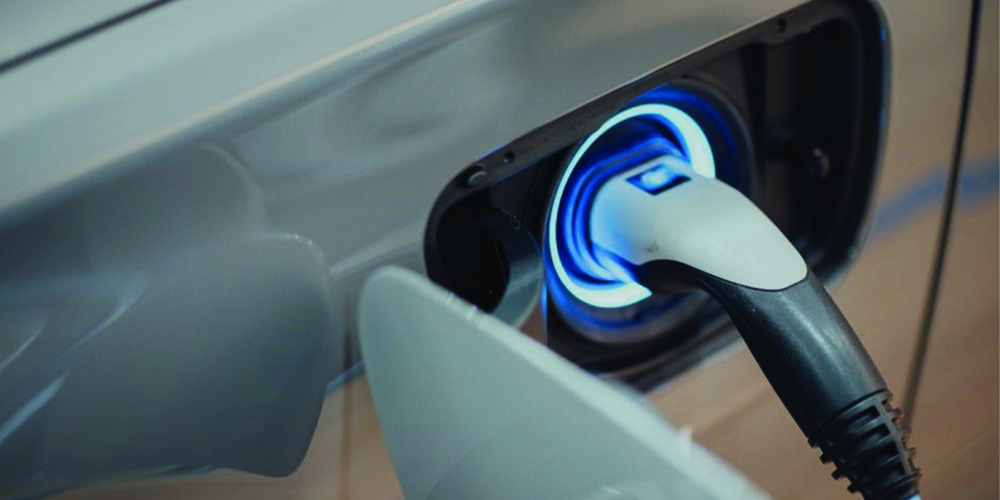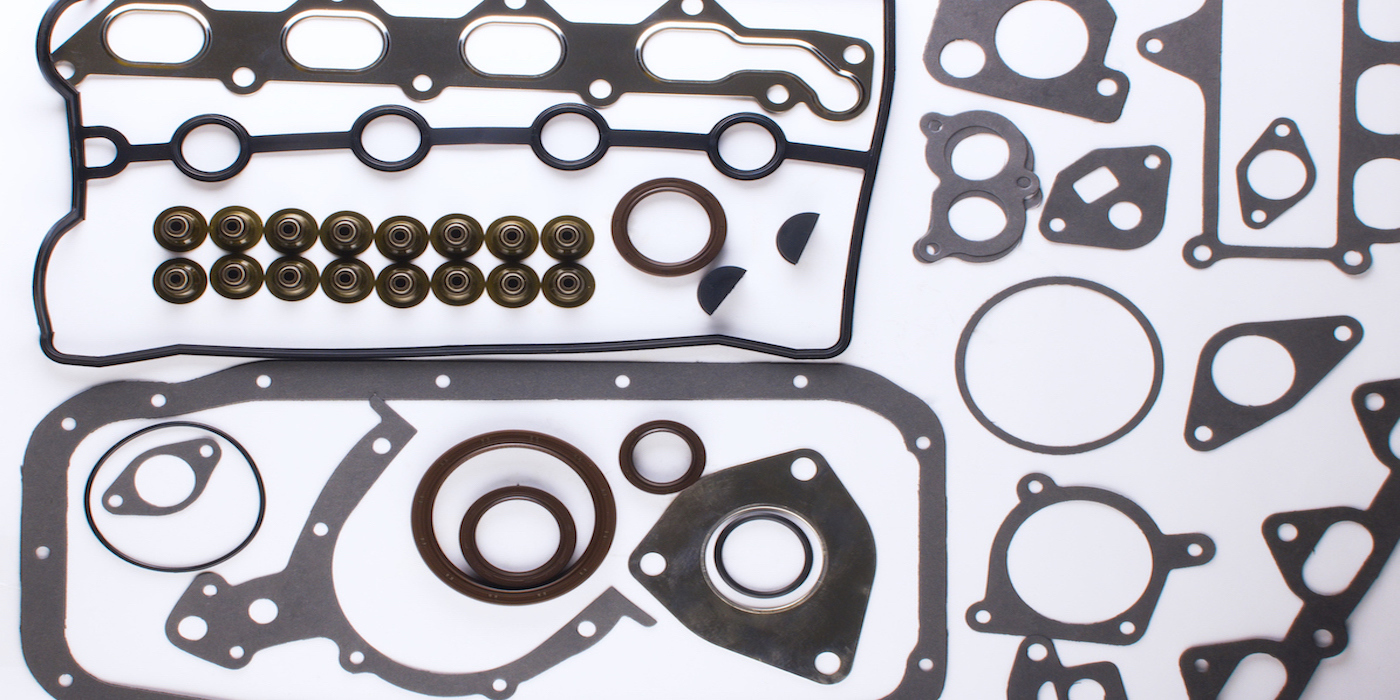Do you ever envy the business of your dentist?
In many ways, dentistry is similar to your auto service business. Nearly every mouth needs some dental care just like every car on the road needs service. The dental hygienist is doing the cleaning and the flossing like the tech who’s in the oil change bay performing the preventive maintenance. Both places are full of high-cost and high-tech equipment. The dentist has several exam rooms or chairs just like the shop has many bays. (Even the chairs go up and down like your lifts.) The dentist takes care of the diagnostic work along with some tooth poking, prodding and drilling. In a service shop, there is usually a main guy (service manager, head technician, shop owner) who gets involved with the complicated problems. The dentist wears protective glasses while working, and I hope you do, too. And, the price of the service from both places is usually more than the customer wants to pay. Many similarities.
When you think about the diagnostic part of the dentistry business, you have to respect it.
You go in for your appointment and basically they start looking for problems. They have a set schedule that tells them how often the insurance company will pay for “routine” X-rays. And, they are applying fluoride treatments and sealers on kids’ molars. When they find a problem like a cavity, here come more charges.
Usually you don’t go to the dentist with a problem; you are in there because they have you on a schedule to come back every six months. This is a beautiful thing. You make an appointment six months in advance for the right to sit in their chair and have them look for problems. My dentist recently added all the bells and whistles to his office. There is a television, X-ray machine and laptop computer in every exam room. The TV is also linked to the computer so he can instantly show me my X-ray results on the screen. It’s pretty slick how they point out all your problems. But they also show their appointment schedule, while I am in the chair, and have me set up that appointment six months in advance.
So take that oil change reminder sticker to the next level and have your customers set up their next appointment when they are leaving your shop, so they won’t have the burden of remembering. Keep using the stickers and call them the day before the appointment, too. Both you and your customers will reap the benefits of service “pre-scheduling.”













